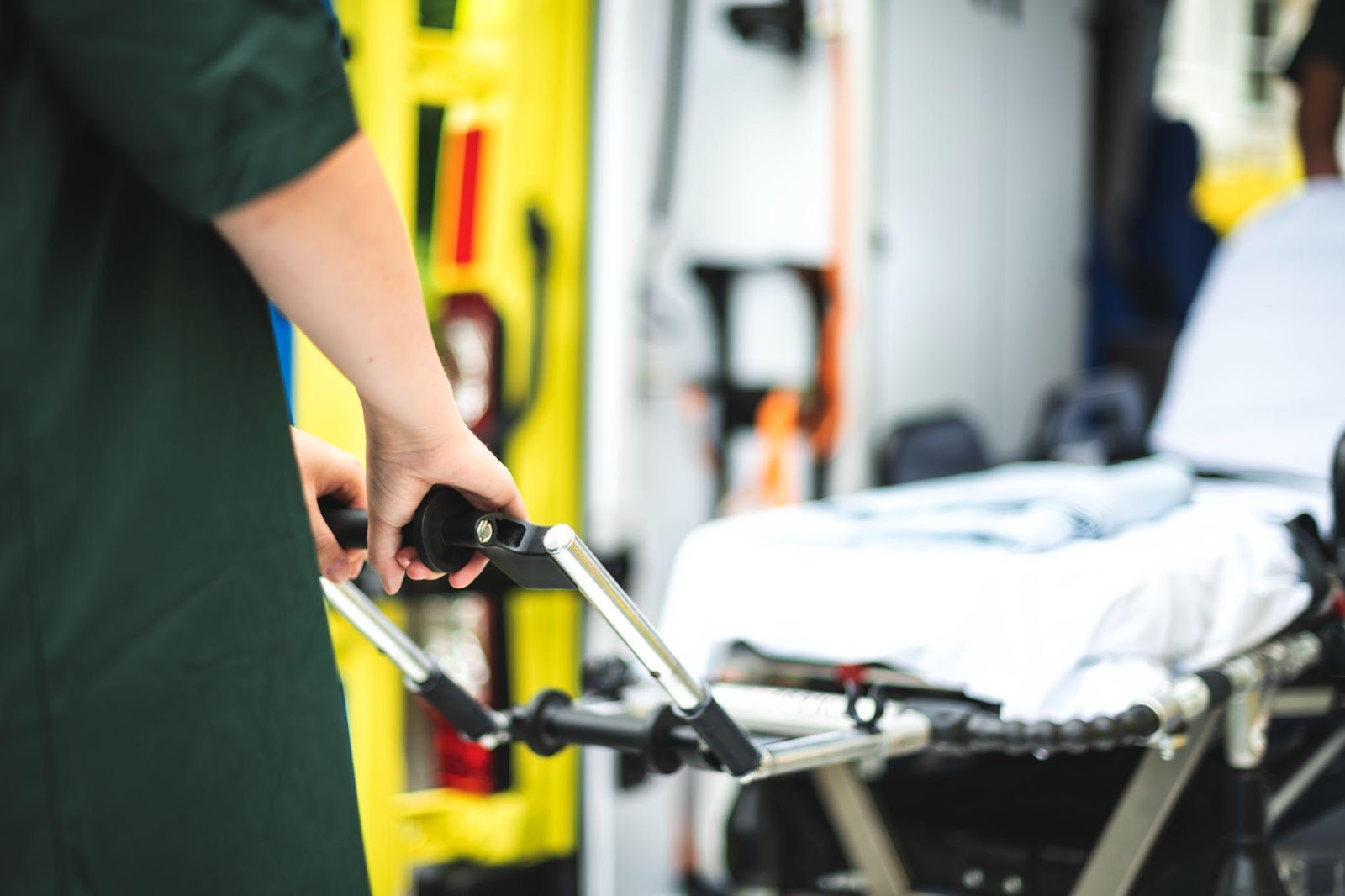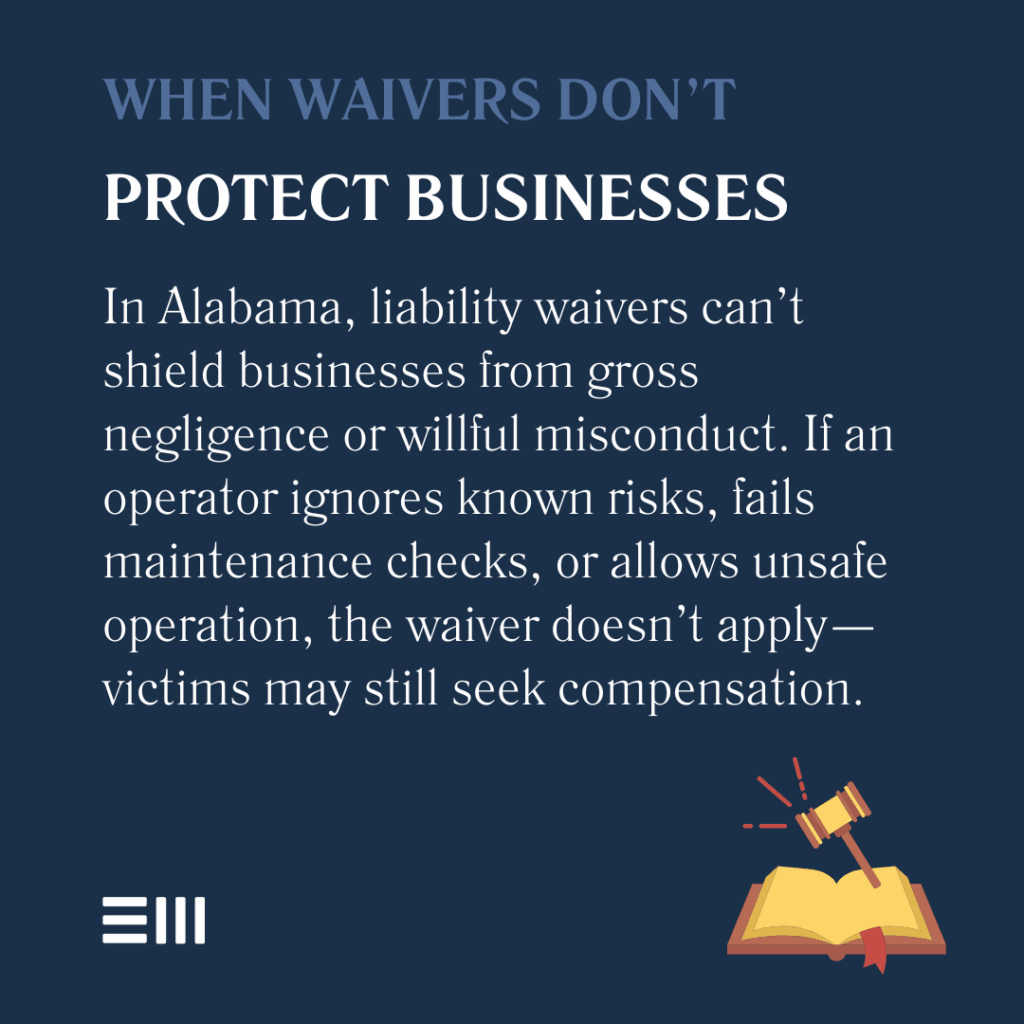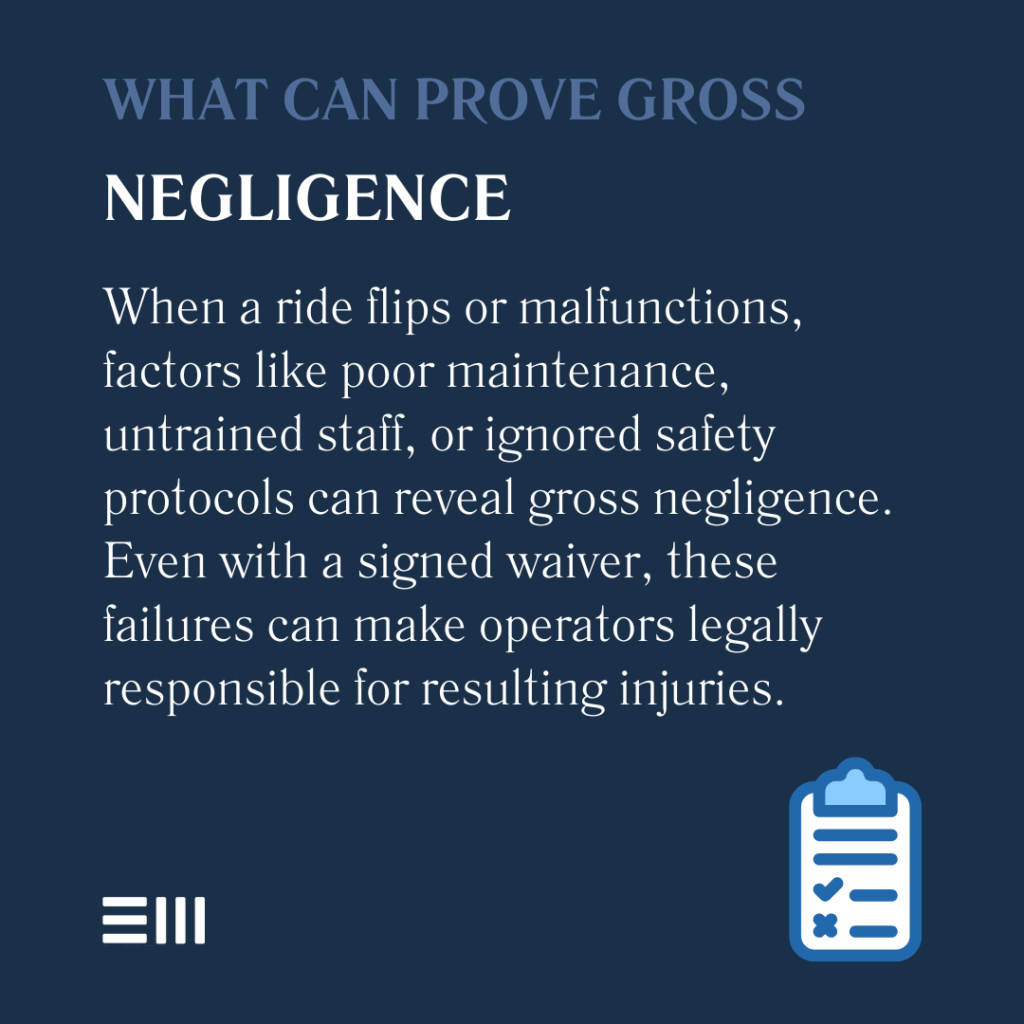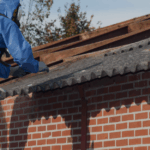
A night of Halloween thrills turned terrifying at Heflin’s Haunted Chicken House when the attraction’s “Crazy Train” ride overturned Saturday night, leaving a woman seriously injured and airlifted to a nearby hospital.
While seasonal attractions typically require visitors to sign liability waivers, this incident raises critical questions about whether such waivers can shield operators from liability when accidents result from gross negligence.
The Incident at Haunted Chicken House
The accident occurred at the popular seasonal attraction off Alabama 9, where the Crazy Train—advertised as a highlight experience that transports guests through the property—flipped during operation.
Witnesses described a chaotic scene as emergency responders rushed to assist the injured woman, whose identity and condition remain undisclosed.
Cleburne County Sheriff Jon Daniel confirmed his department’s limited involvement: “All we know at this time is there was some kind of accident and someone was airlifted. I don’t believe we responded to the scene. I believe we just helped with the landing zone.”
The Hollis Fire chief, who also operates the Haunted Chicken House, declined to comment when contacted by The Anniston Star.
The lack of transparency regarding the incident, including unknown details about other potential injuries or the number of passengers aboard, raises concerns about the attraction’s safety protocols and emergency response procedures.

Understanding Liability Waivers in Alabama
Most haunted attractions, amusement parks, and recreational facilities require participants to sign liability waivers before entry.
These documents typically seek to release operators from liability for injuries that occur on their premises. However, Alabama law recognizes significant limitations on the effectiveness of these waivers.
Key principles governing liability waivers in Alabama include:
- Clear and Unambiguous Language: Waivers must explicitly state what rights participants are surrendering, using language understandable to average visitors.
- Voluntary Agreement: Participants must sign waivers freely without coercion or pressure.
- Public Policy Limitations: Courts won’t enforce waivers that violate public policy or attempt to excuse illegal conduct.
- Scope Restrictions: Waivers only cover risks inherent to the activity, not those created by operator negligence.
These limitations mean that signing a waiver doesn’t automatically bar injured parties from seeking compensation.
When Gross Negligence Overrides Waivers
Alabama courts consistently hold that liability waivers cannot protect businesses from gross negligence or willful misconduct.
Understanding the distinction between ordinary and gross negligence proves crucial in haunted attraction accidents:
- Ordinary Negligence: Failure to exercise reasonable care, such as inadequate lighting or minor maintenance oversights.
- Gross Negligence: Conscious disregard for others’ safety, showing reckless indifference to foreseeable dangers.
- Willful Misconduct: Intentional actions likely to cause harm or operating with knowledge of extreme danger.
Examples of gross negligence at attractions might include operating rides without proper inspections, ignoring known mechanical issues, or allowing untrained staff to operate dangerous equipment.
Factors That Could Establish Liability
Several factors could potentially establish operator liability despite signed waivers in the Haunted Chicken House incident:
- Mechanical Failure: If the Crazy Train flipped due to poor maintenance, defective parts, or known mechanical issues, operators may face liability for failing to ensure ride safety.
- Improper Operation: Untrained operators, excessive speeds, or failure to follow manufacturer guidelines could constitute gross negligence.
- Inadequate Safety Measures: Lack of proper restraints, safety equipment, or emergency protocols may override waiver protections.
- Previous Incidents: Any history of accidents or complaints about the Crazy Train could demonstrate knowledge of danger.
- Regulatory Compliance: Failure to meet state inspection requirements or operate without proper permits strengthens negligence claims.
These factors require thorough investigation to determine whether the accident resulted from inherent risks or operator negligence.

Alabama’s Approach to Recreational Liability
Alabama follows the recreational use statute, which provides some protection for property owners who allow public recreational use. However, commercial operations charging admission fees typically don’t receive these protections.
Courts examine several factors when evaluating premises liability for haunted attractions:
- Commercial Nature: Paid attractions face higher duty of care standards than free recreational areas.
- Assumption of Risk: While participants assume some inherent dangers, operators must still maintain reasonably safe conditions.
- Attractive Nuisance: Special considerations apply when attractions draw minors who may not fully appreciate dangers.
- Industry Standards: Courts consider whether operators followed accepted safety practices for similar attractions.
Understanding these principles helps determine when accidents cross from unfortunate incidents to actionable negligence.
Steps for Accident Victims
Individuals injured at haunted attractions despite signing waivers should take specific steps to protect their rights:
- Seek Immediate Medical Care: Document all injuries thoroughly, as serious trauma may not manifest immediately.
- Preserve Evidence: Photograph the accident scene, damaged equipment, and injuries before leaving the premises.
- Obtain Witness Information: Collect contact details from others who witnessed the accident or rode the attraction.
- Request Documentation: Ask for copies of any incident reports, waivers signed, and attraction policies.
- Avoid Statements: Decline to provide recorded statements or sign additional documents without legal counsel.
- Investigate Safety History: Research previous incidents, inspection records, and regulatory compliance through public records.
Taking these steps strengthens potential claims against operators whose negligence caused injuries.
Moving Forward After Attraction Accidents
The Haunted Chicken House incident serves as a stark reminder that seasonal attractions must prioritize safety over profits.
While liability waivers offer some protection against inherent risks, they cannot excuse operators who consciously disregard visitor safety or fail to properly maintain equipment.
For the woman airlifted from the scene and any others potentially injured, the path to recovery may involve not just physical healing but also legal action to hold negligent operators accountable.
Alabama law recognizes that thrill-seekers accepting some risk doesn’t grant attractions carte blanche to operate dangerous rides without proper safety measures.
Let Justice Roll
If you or a loved one suffered injuries at a haunted attraction, amusement park, or recreational facility, don’t assume signed waivers prevent you from seeking compensation.
Gross negligence and willful misconduct can override these documents, particularly when operators fail to maintain safe conditions or properly train staff.
Our experienced personal injury attorneys here at Baxley Maniscalco understand the complexities of premises liability and recreational injury cases. We’ll investigate whether operator negligence contributed to your injuries and help you understand your rights, regardless of any waivers you’ve signed.
Feel free to get in touch at (256) 770-7232 for a free & confidential consultation about your injuries.
Can't find what you're looking for? Search our site below.










